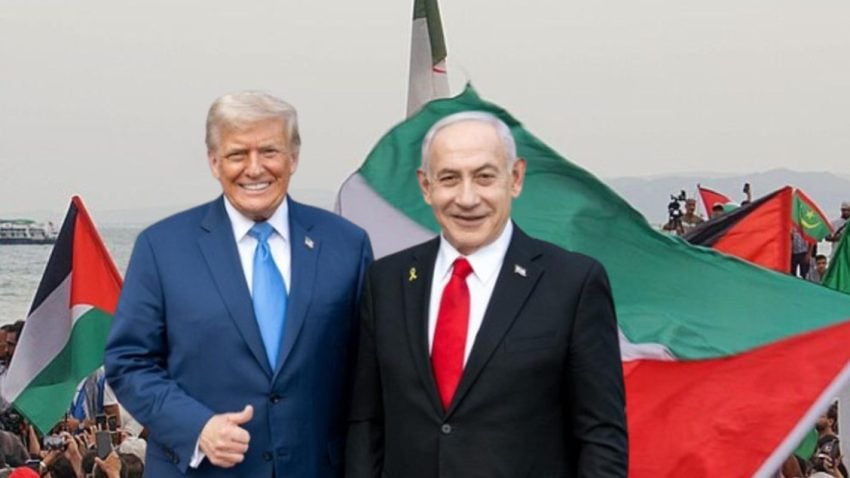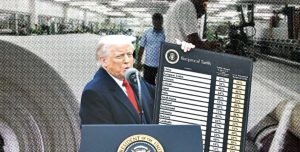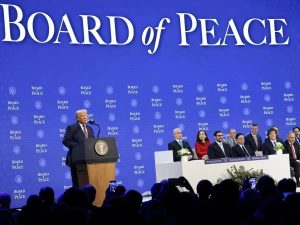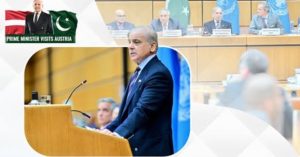WASHINGTON – United States dismissed recent recognition of a Palestinian state by allies including UK, Australia, and Canada as largely symbolic. State Department spokesperson, speaking anonymously on Sunday, said Washington remains focused on “serious diplomacy rather than performative gestures,” citing priorities such as the release of hostages.
The response comes as Britain, Canada, Australia, and Portugal formally recognized Palestine, marking historic shift. British Prime Minister Keir Starmer termed this move a step to keep the two-state solution alive amid rising violence in the Middle East.
Canadian Prime Minister Mark Carney stressed a partnership aimed at creating a peaceful future for both Israel and Palestine.
More nations, including France, Belgium, Luxembourg, Malta, Andorra, and San Marino, are expected to recognize Palestine at this year’s UN General Assembly, raising the possibility of increasing diplomatic isolation for Tel Aviv and Washington.
Amid global recognition, Israel reacted strongly. Prime Minister Benjamin Netanyahu said he would announce Israel’s response after returning from a U.S. visit to meet President Donald Trump, saying a Palestinian state “will not happen” west of the Jordan River.
Far-right National Security Minister Itamar Ben-Gvir called for annexing West Bank and taking decisive action against Palestinian Authority, posting on X that he plans to submit an annexation proposal at the next Cabinet meeting.
Approximately three-quarters of UN member states already recognize Palestine, with Ireland, Spain, and Norway formalizing recognition last year.
UK, Australia, and Canada officially recognise Palestine as state














